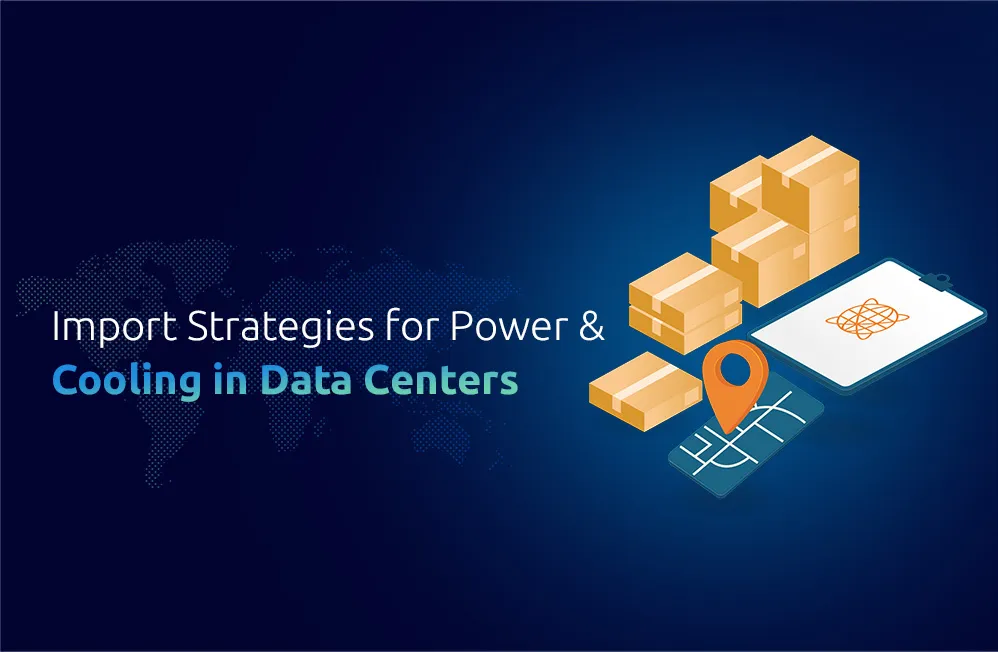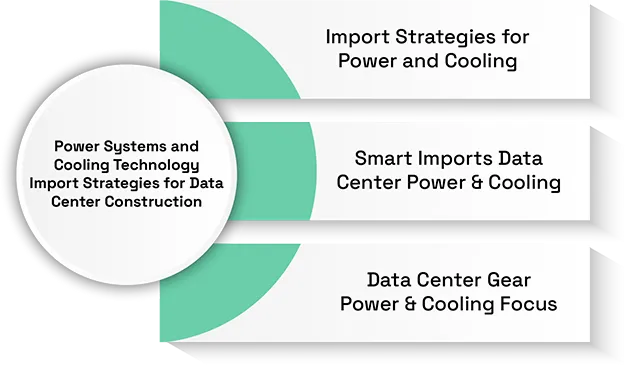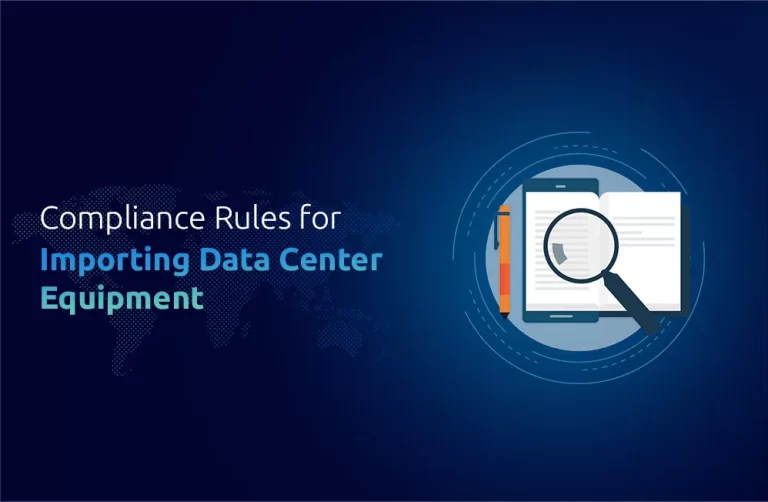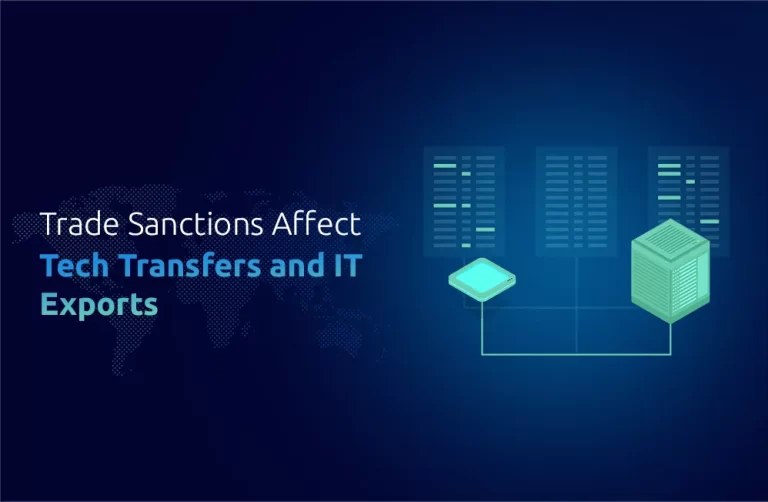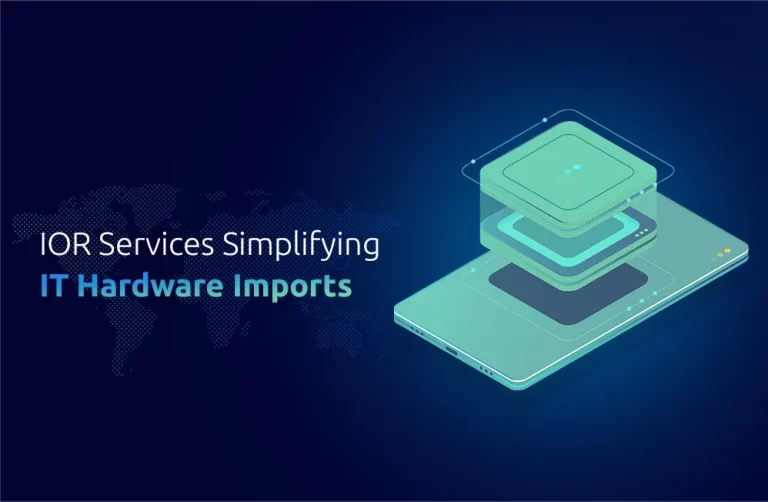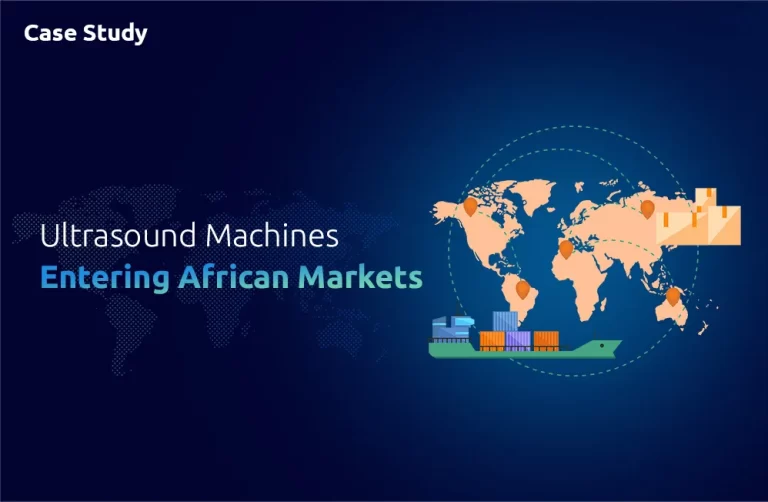Insight
With the further sprawling of data centres worldwide, the demand for efficient & reliable power systems and cooling solutions is becoming increasingly important. Data centres, the heart of the modern information infrastructure, need special equipment to guarantee uptime, minimize energy consumption, and keep environmental parameters at their ideal condition. Understanding how to navigate regulatory compliance, customs procedures, and logistics management hurdles can save time and resources. It can save time and resources when building.
This guide outlines data centre cooling and power considerations for data centre infrastructure design and effective distribution strategies. It offers key consideration points for businesses that import those vital components, such as complying with international standards, expediting logistics efforts, and saving development costs.
Power Systems and Cooling Technology of Data Centers
The data centre’s power systems and cooling technology are at its heart. With such components, your servers and IT equipment can run at peak performance without the danger of overheating or loss of power. This could include devices like backup generators, uninterruptible power supplies (UPS), & distribution panels. Cooling Cooling systems consist of precision air conditioning units, liquid cooling systems and various types of air handling equipment used to control the temperature and humidity in the data centre.
Various aspects must be considered when the components are being imported for a new data centre project. These may include the capability to fulfil the data centre’s operation and local and worldwide regulatory requirements. That’s because businesses must negotiate with suppliers and logistics partners to find the ideal product and not cause complications in customs.
Importing Power Systems and Cooling Equipment: Key Considerations
Regulatory Compliance and Standards:
Companies importing power systems or cooling technology must adhere to various global and regional rules and regulations. After production, some goods, such as European CE marks and American UL, receive individual approvals. Product standards ensure that test methods verify product safety specifications and performance characteristics. Testing and confirmation of UPS and cooling equipment meeting electrical and safety standards is required before shipment to country locations. Non-compliance with these standards may cause delays in the dispatches and rejections of goods.
Customs Procedures:
Customs Clearing is among the most important considerations when importing power systems and cooling technology. Normal documents for import and export include a commercial invoice, a bill of lading, a certificate of origin, and compliance certificates. These documents will have to be prepared and filed correctly by importers to get the Project imports through. Also, it is crucial to look into relevant tariffs, duties, and customs charges. The cost varies greatly based on the equipment you’re importing and its origin. It can help business owners manage their budgets and prevent costly surprises.
Logistics and Shipping:
Power systems or cooling units are often heavy, bulky, and difficult to transport. Businesses must also weigh the most effective means of shipping their products to market. That usually involves working with logistics partners who can move big, fragile machines. Specialized treatment and packaging, including climate-controlled shipping containers, can be necessary to avoid infestation or spoilage. Air, sea, and land are all challenging in their own right. And air freight, while sometimes swifter, can be more costly. Sea freight is cheaper for larger consignments, but can be slower. Businesses need to weigh the project’s urgency against the cost-effectiveness of their shipping method.
Vendor Selection:
Choosing the right power systems & cooling technology providers is important to the equipment’s reliability. Sure, they should focus on suppliers that provide products that comply with local standards, offer good after-sales support, and can make on-time shipments. Apart from the quality of the equipment itself, its service and support are also critical to ensuring that any problems can be resolved in a timely fashion while installing and in operation. Lasting connections with reliable suppliers can also get businesses better rates and terms. The suppliers can also often recommend the best products suited to the data centre’s specific requirements, so businesses can make an informed purchase.
Managing Costs and Optimizing Import Strategies
Cost management and strategic optimizations for importing processes form a vital part of the operation. Managing operational expenses is a vital factor in importing both power systems and cooling technology equipment. These components represent a major financial expense contributing to overall data centre building expenses. Importing businesses must calculate the complete equipment costs because they need to understand all shipping expenses, customs fees, and taxes.
Working with a professional customs broker or logistics provider will optimize costs and help businesses identify all available savings opportunities in the import process. Businesses working with these professionals get assistance with understanding complicated import regulations and help avoid mistakes that would cost money. Better prices and more favourable supplier terms become accessible when businesses buy in bulk and negotiate long-term contracts with their suppliers. Companies might secure added savings from government-sponsored discounts for purchasing energy-efficient green equipment. Data centres utilizing sustainability incentives can decrease expenditure while achieving corporate sustainability targets through these opportunities.
Conclusion
Businesses need to develop a strategic process for importing data centre power systems & cooling technologies because it involves regulatory compliance, customs operations, shipping logistics, and cost management. Businesses that choose reliable suppliers and logistics partners and a comprehensive understanding of import protocols will receive their critical infrastructure on schedule and fully comply with necessary standards. One Union Solutions guides companies through data centre construction component import procedures to deliver beneficial and cost-effective projects.
Did You Know that,
The worldwide market expressing demand for data centre cooling technology is anticipated to expand by more than10% throughout 2023 due to increasing energy efficiency requirements.
FAQs
What mandatory certifications exist for power systems and cooling equipment?
Power systems and cooling equipment meet integrated safety and performance standards through certification requirements like CE, UL, and IEC compliance.
Which procedures would secure proper packaging during equipment shipment?
Logistics providers who understand dangerous large equipment needs must be chosen because they offer specialized climate-controlled packaging and customized handling procedures.
What are the essential customs files needed for data centre equipment importation?
The commercial invoice, the bill of lading, the certificate of origin, & the compliance certificates serve as essential documents to verify equipment compliance with local regulations.
What methods exist to handle the expense of importing power systems with cooling equipment?
The effective management of budgets depends on businesses fully understanding all shipping-related costs, including tariffs, duties, and taxes. Working with established customs brokers gives businesses access to potential savings opportunities.
What shipping solution offers the best advantages when transporting large power systems & cooling technology?
Large shipments benefit from sea transport, which is the least expensive, while urgent projects sometimes require air freight. The selection should depend on the shipment’s necessity and logistical size requirements.

